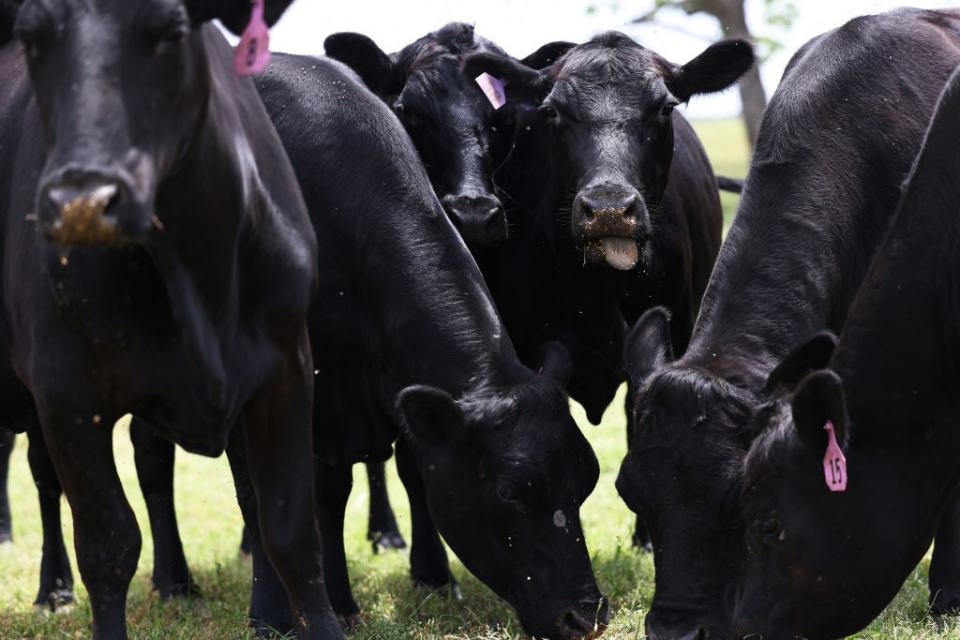Air pollution from farming results in 16,000 US deaths a year

Poor air quality from farming results in an estimated 16,000 deaths in the US each year.
A new study has found that 80 per cent of those deaths are attributable to animal-based foods. The study, from researchers at the University of Minnesota, is the first of its kind to look at the impact of individual foods on air quality.
Poor air quality is the greatest environmental health risk in the US and around the world. A study last month found that people of colour in the US are exposed to more air pollution than whites from myriad sources including agriculture, industry, vehicles, and construction, regardless of where they live or how much money they make.
The Biden administration says that it is shaping policy with particular consideration to environmental injustice, to protect vulnerable communities like ones disproportionately exposed to air pollution.
Agriculture increases the concentration of fine particulate matter, known as PM2.5, in the air from activities like plowing land, fertilizing crops and spreading manure. PM2.5 also comes from heavy industry like coal-fired power plants and diesel trucks.
Microscopic PM2.5 particles can lodge deep in the lungs and even pass into the bloodstream, increasing the risk of heart disease, cancer, and stroke along with irregular heartbeat and asthma.
The scientists discovered which specific foods cause the greatest air quality damage, and red meat is top of the list.
Per serving, the harm of red meat to human health is two times greater than that of eggs; three times greater than dairy products; seven times greater than poultry, 10 times greater than nuts and seeds, and at least 15 times greater than the average of other plant-based foods.
Animal food products typically cause more air pollution than plants due to the waste and gases from cattle but also because of the fertilizer and plowing required for feed, primarily corn, hay and soybeans.
The researchers note that ammonia is the greatest concern. The gas is released in vast amounts from nitrogen fertilizers and manure, and reacts with other pollutants to form PM2.5.
“Air quality-related mortality from the US food system is comparable to that of other sources of air pollution, such as motor vehicles and electricity production. Nevertheless, food-related emissions are lightly regulated and less studied compared to these other sectors,” said Jason Hill, professor in the Department of Bioproducts and Biosystems Engineering.
There are ways that both farmers and consumers can reduce the air quality-related health impacts of food production.
Interventions on farms can reduce PM2.5-related mortality by 50 per cent, the report finds. Measures include improving livestock waste management and fertilizers to cut emissions of ammonia along with addressing primary PM2.5 emissions from tillage, field burning, livestock dust, and machinery.
For individuals, eating a more plant-rich diet of fruits, vegetables, legumes and whole grains could not only substantially reduce agricultural air quality–related mortality by 68 - 83 per cent but also bring health benefits and support sustainable agriculture.
The paper was published in the journal Proceedings of the National Academy of Sciences on Monday.
Read More
Sean Hannity says humanity should 'party' instead of battling climate change
Record growth in renewable power in 2020 set to become ‘new normal’, says IEA
Enormous tree-planting push will turn farmland into forests to hit net-zero goals

 Yahoo Finance
Yahoo Finance 